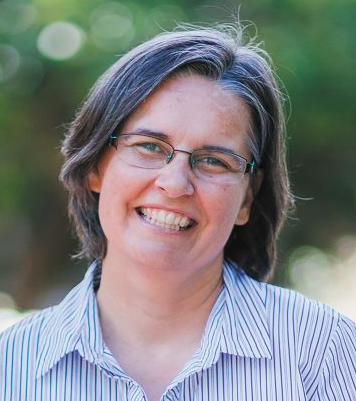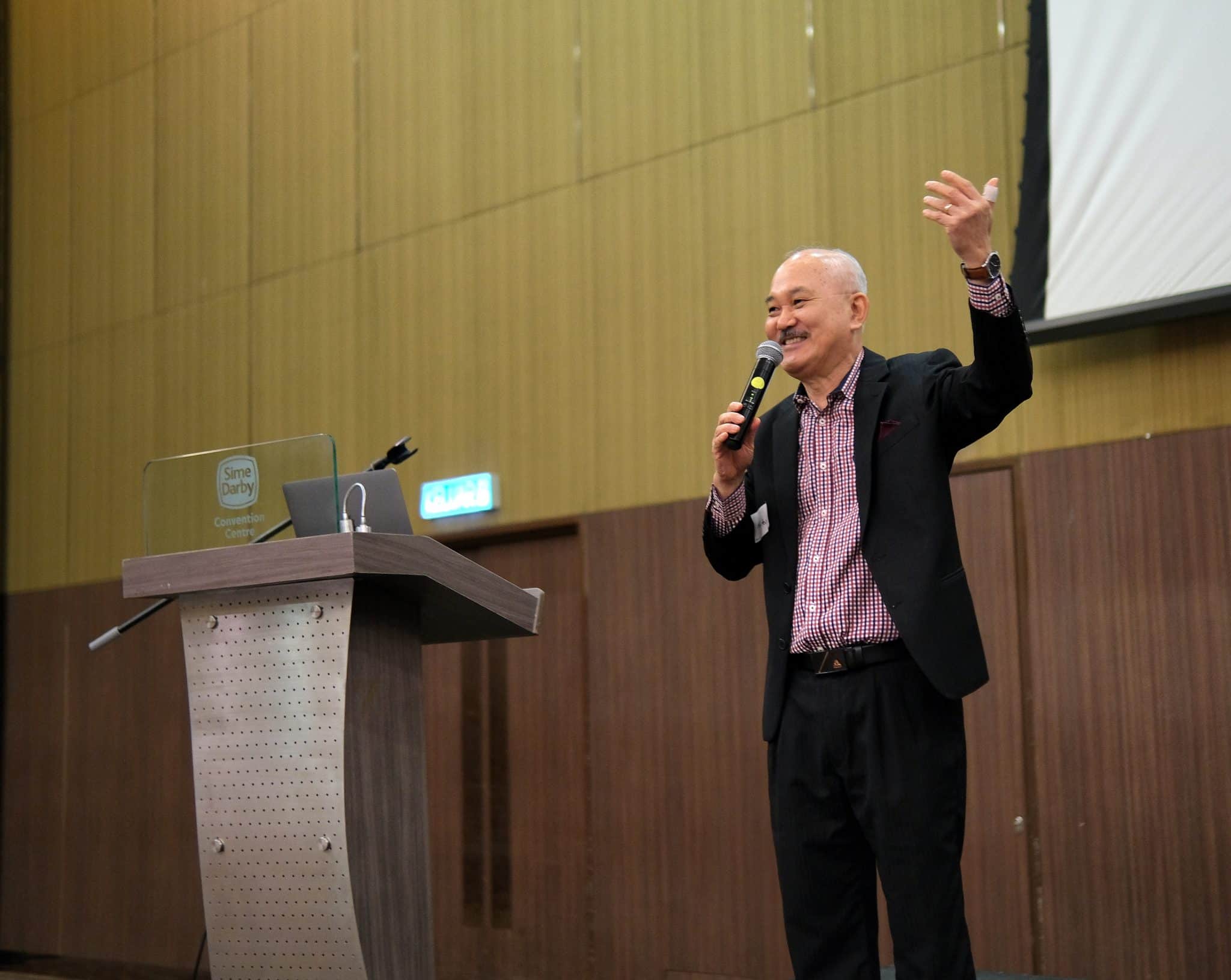I think it is possible to be creative in the way we work with God in our daily tasks.
I love reading the stories the Gospel Coalition has collected of everyday people who seek to worship God through their work.
There is Mark, the chocolate maker, who works with excellence, serving and accepting every customer, and who has compassion and philanthropy as the foundation of his business.
Faith is a freelance art director who works with integrity and persists in the face of injustice, and who cultivates a humble willingness to listen and accept.
There is Ken, the judge, who sees himself as a steward of justice under God for his purposes and under the people for their protection.
Esther is a florist who sees herself as bearing God’s image as a cultivator, and who sees the beauty of flowers as nourishing others.
Then there is Riccardo, a teacher, who sees himself as an instrument that God uses to help children learn and grow.
Much of the raging of the prophets in the Old Testament concerns a misuse of work.
We can be conscious of God as the One we truly work for, and ensure our work is brought under His sovereignty. We can seek to serve Him and others in and through our working.
While we work, every activity, every encounter, every word spoken or written is offered to God in gratitude for the privilege of working for Him and others.
Hard work, not toil
The Bible teaches that work was created as a good thing. It is part of the way human beings were made, in the image of a creative and working God. He made the garden and then placed human beings in it to work the ground and take care of it.
All this work was meant to be done in partnership with God, as revealed in the beautiful scene of naming the animals in Genesis 2. God brought the animals to Adam, and Adam named them.
Right from the start the sacrifice system was a means of submitting our work to God.
All work was meant to be done in partnership with God.
We were meant to bring the best efforts of our work (in an agricultural society the finest animals and produce) and offer them in gratitude to God.
Very early on, Cain’s failure to bring the best was deemed inadequate (Genesis 4), and his sacrifice was considered less worthy than Abel’s.
Much of the raging of the prophets in the Old Testament concerns a misuse of work: Unjust measures, slavery, retaining rather than sharing wealth, greed, and charging interest.
These themes are continued in the New Testament where Paul tells us twice to ensure we submit all things to God, including our work.
“So whether you eat or drink or whatever you do, do it all for the glory of God.” (1 Corinthians 10:31)
“Whatever you do, work at it with all your heart, as working for the Lord, not for human masters.” (Colossians 3:23)
Prayer
Dear Lord,
It is so tempting to separate the spiritual and the everyday. We want to see you as special. We want to see your Church, your Word, prayer and faith as significant and different from the everyday.
Help us to see that we can fill ordinary things with spiritual life by surrendering them to you, and seeking to serve you through them. Take the ordinary work that we do: Housework, study, paid jobs, volunteer work, caring for others, unpaid work … as an offering to you.
Help us to see the creative and meaningful ways we can serve you and others through our working.
Amen.
This article was first published on Kara Martin’s blog, Workship, here, and has been republished with permission.






